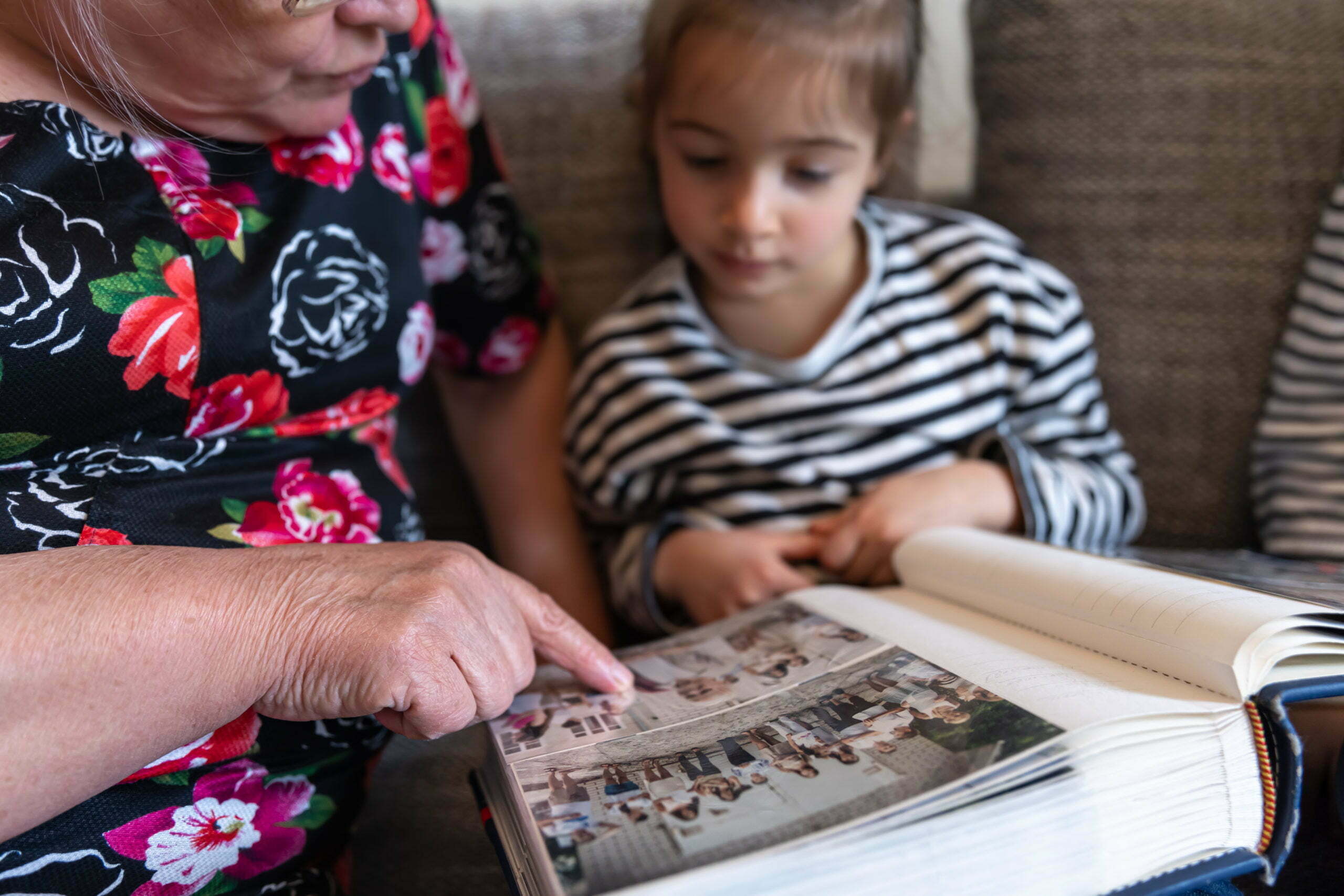Your family history is a record of your ancestors’ lives. It can help you understand where you come from, who you are, and where you might be going. The benefits of knowing your family history include understanding your ancestors, identifying health risks, connecting with distant relatives, embracing your culture, and understanding yourself.
Understanding Yourself

Finally, knowing your family history can help you understand yourself. For instance, it can help you dive into intergenerational trauma. This can include understanding your personality traits, your strengths and weaknesses, and the events that have shaped your life. Knowing your family history can help you make sense of who you are and where you come from.
What is intergenerational trauma? Intergenerational trauma can have a significant impact on people’s lives. It can cause them to develop personality traits that are harmful to them, such as low self-esteem, depression, or anxiety. It can also lead to them abusing drugs or alcohol, or engaging in risky behaviors.
Intergenerational trauma can also affect people’s relationships. It can make it difficult for them to trust other people, and it can cause them to have difficulty forming relationships. It can also lead to them being emotionally distant from others.
Getting to Know Your Ancestors
When you know your family history, you not only learn about your ancestors, but you also learn about your family’s culture, traditions, and values. This can help you develop a stronger sense of identity and connection to your family. Additionally, knowing your family history can provide you with a sense of belonging and community. For instance, maybe you know that a particular home has been in your family for generations. You could check the history of the property online and learn more about the history of your house and, by extension, the previous owners—your ancestors who lived there in years past.
Identifying Health Risks

One of the most important benefits of knowing your family history is that it can help you identify health risks. Your family history can provide information about health conditions that may run in your family. This can help you be aware of any potential health risks and take steps to reduce your risk of developing these conditions.
Some health conditions that may be passed down in families include heart disease, stroke, cancer, and diabetes. By knowing about these health risks, you can take steps to lower your risk of developing them. This may include making lifestyle changes, such as eating a healthy diet and exercising regularly, as well as getting screened for these conditions.
Connecting with Distant Relatives
One of the benefits of knowing your family history is that it can help you connect with distant relatives. This can provide you with a broader sense of family and community. It can also give you access to information and resources that might be helpful to you. For example, if you are looking for a specific ancestor, knowing their name and birthplace can help you find other relatives who might be able to provide you with information about them.
Embracing Your Culture
Many people find value in knowing their family history. For some, it can be a way to embrace their culture. This can include learning about their family’s traditions and customs. It can also help them connect with other family members who share their cultural heritage.
Some families have a strong sense of identity and connection to their culture. They may celebrate their traditions and customs together. Other families may be more spread out and may not have as much connection to their cultural heritage. But, even if your family doesn’t have a strong cultural connection, you can still learn about your family history.
Ultimately, knowing your family history is a valuable tool that can help you understand yourself and your place in the world. By understanding your family’s background and traditions, you can make better decisions about your life and your health.







